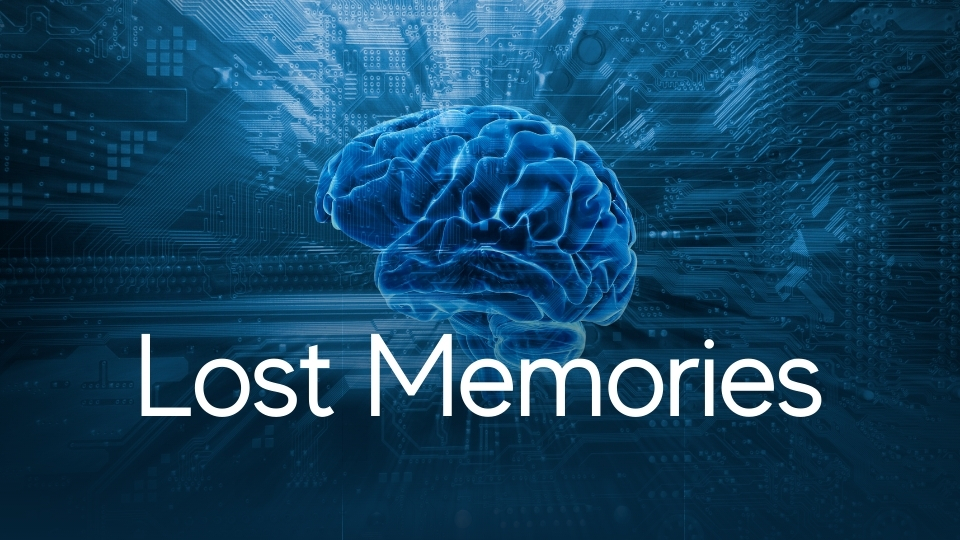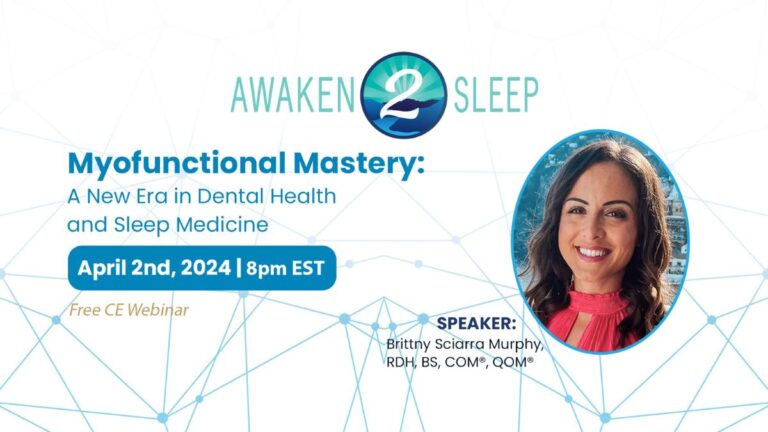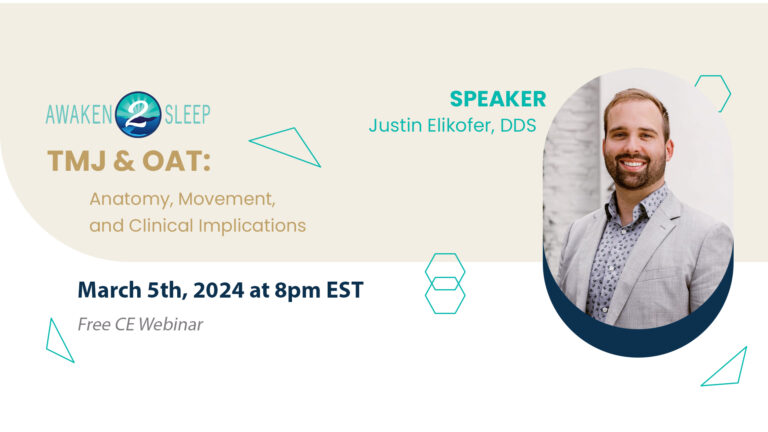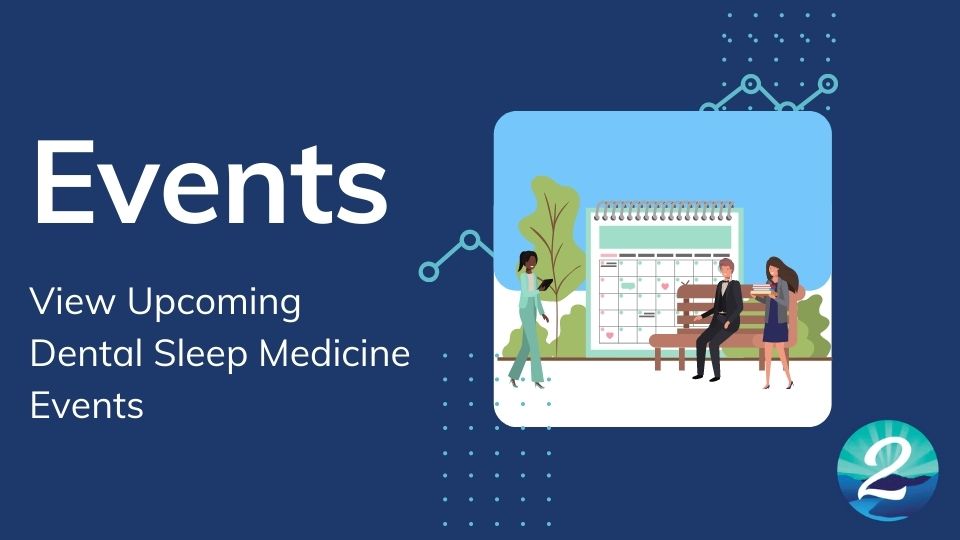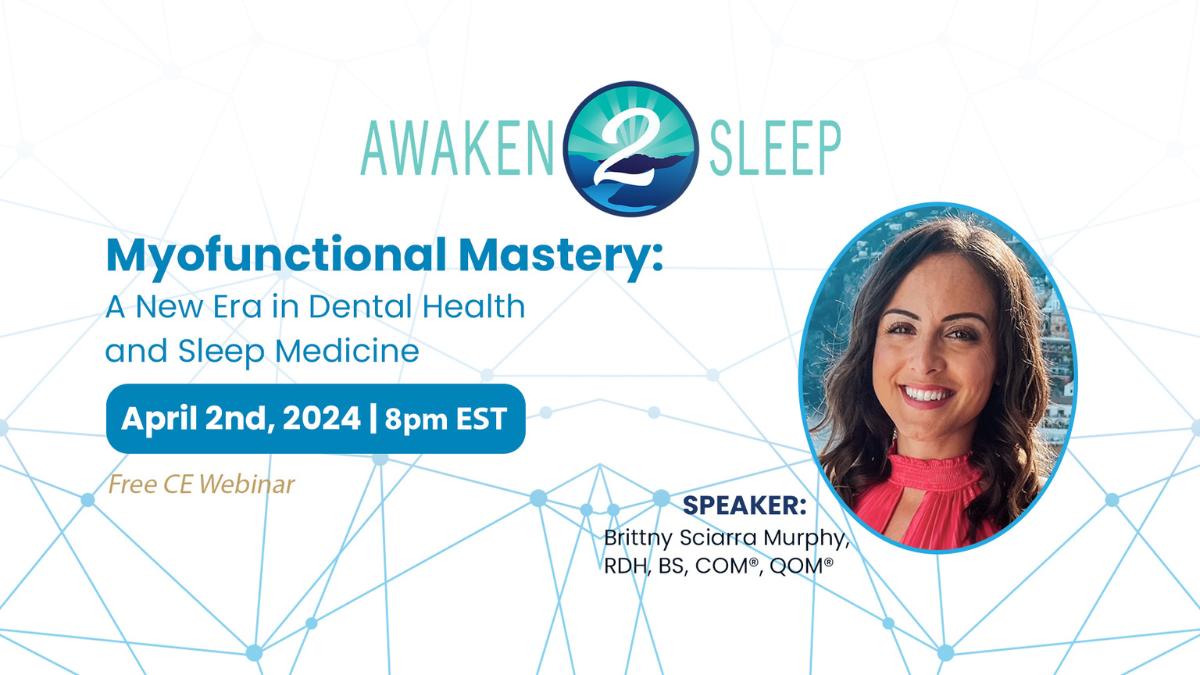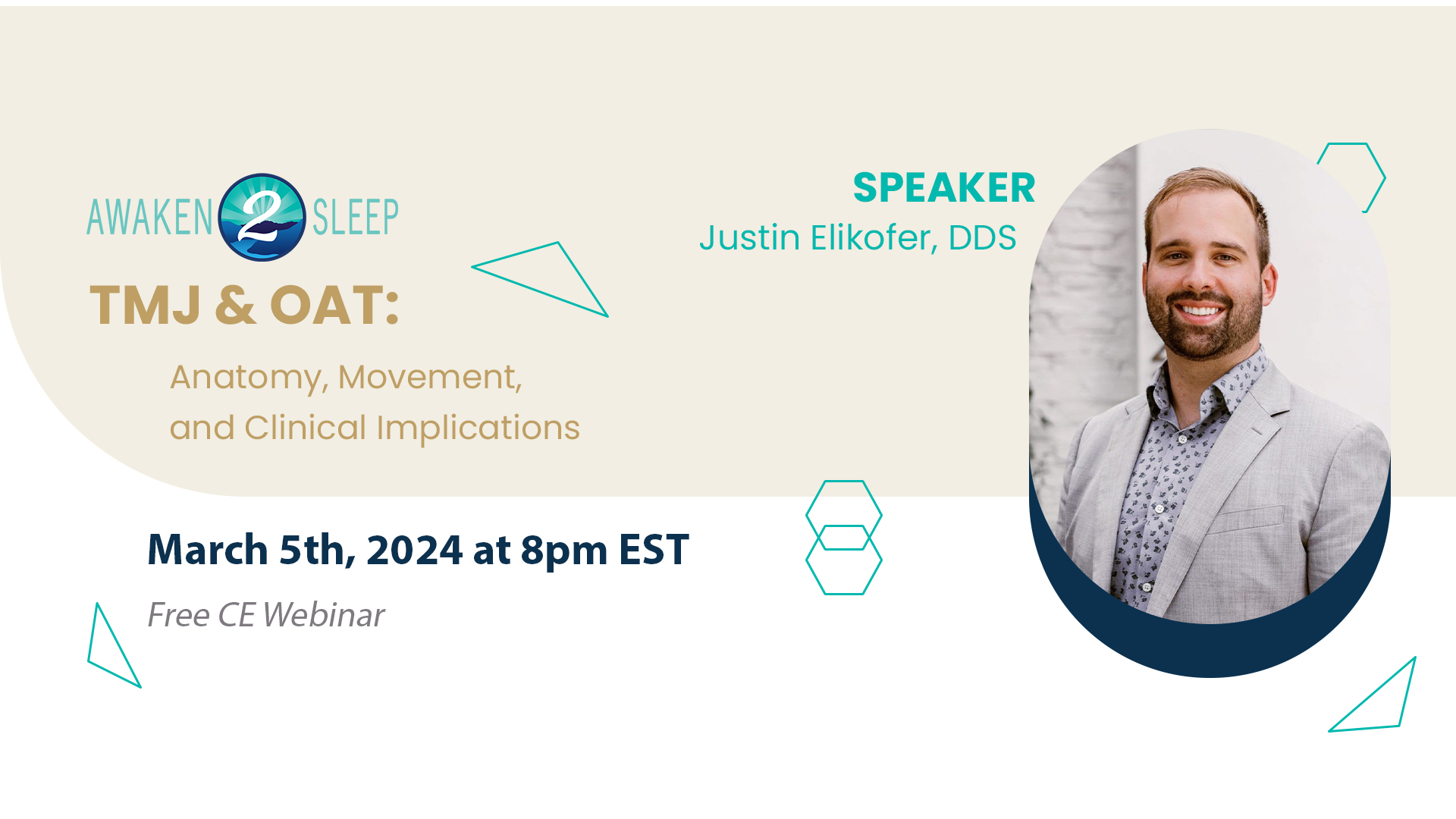By: Geoff Gilman
Memory is an important part of everybody's life.
Many people understand this, but some don’t. For some people, it’s far too late before they realize the importance of memory and the role it plays. Our memory impacts us in ways we may have never realized.
You have probably heard the phrase, “If it ain’t broke don’t fix it.”
There are many areas of life where this phrase could serve as good advice. However, when it comes to your memory, you don’t want to wait until it’s broken to fix it.
You want to keep it fresh and running smoothly!

Memory is a very complex system with several different types.
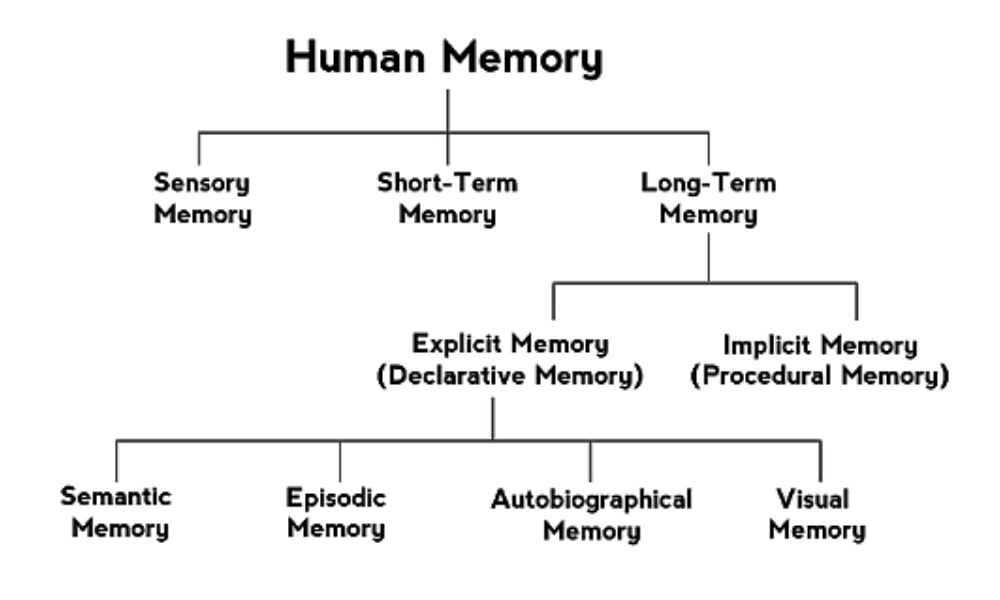
If you want to operate at your best, you have to keep your memory system running strong. As you know, diet and exercise play an important role in brain health, but did you know that the area where most people fall short is sleep?
Most people neglect their memory without ever knowing it. There is a lot of research being done into the human memory but one thing is clear:
We are not giving the attention needed in order for our brain to process and store our memory appropriately.
That attention comes in the form of getting enough sleep.
When you sleep for the appropriate length of time (7-8 hours for adults), your brain will go through different stages of sleep. Light NREM, Deep NREM, and REM sleep. What we see in current research is that no one type of sleep is more important than another, they all play an invaluable role.
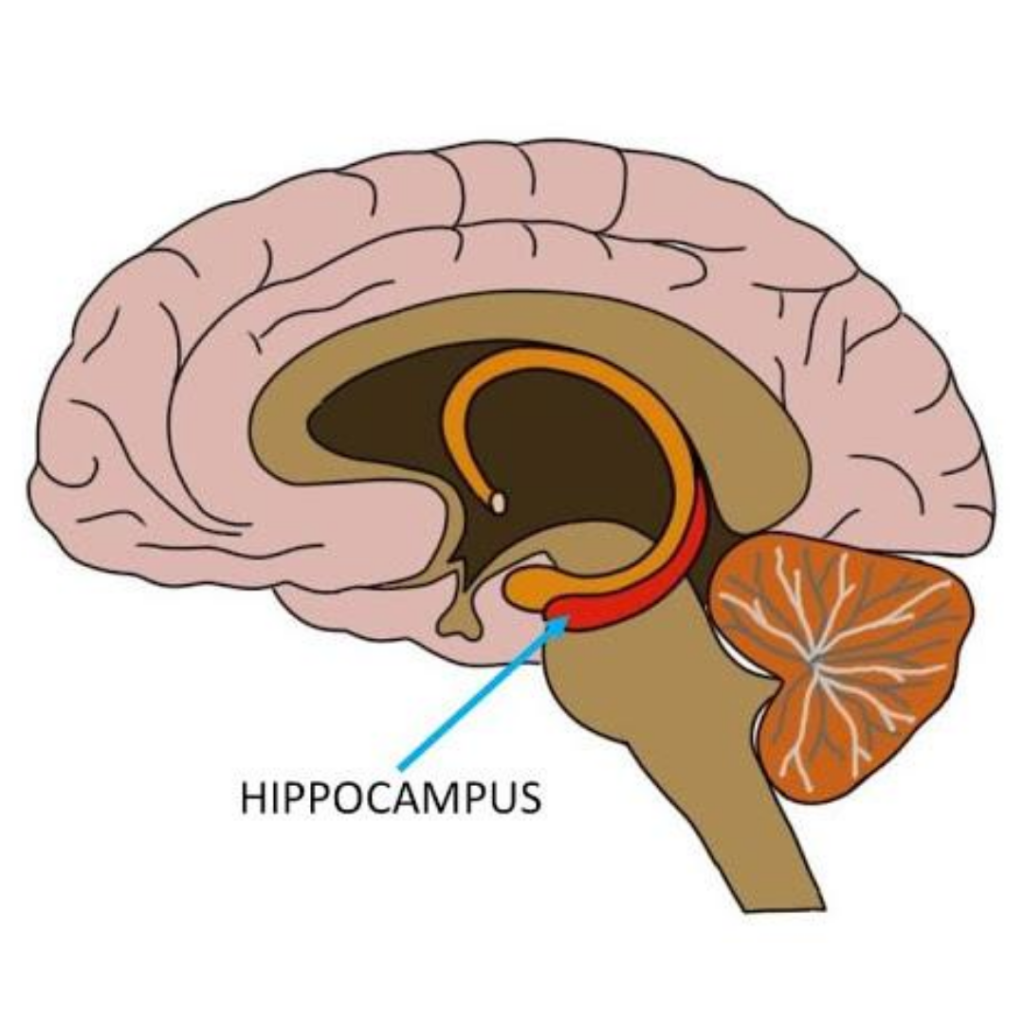
In the deep NREM sleep stage, memories are transferred from the hippocampus (short term memory storage) to the different areas of the cortex. This is how all your memories are stored for permanent use.
Don’t Let Your Memories Be Lost
If something is left behind because the process of transferring your memories from the short term memory to the long term was not complete, then just like a USB stick with not enough memory on it, something is going to get deleted to make room for the next day of memories and experiences.
Those memories that are lost could be memories of any kind. They could be work or school related. They could be memories you experienced that day with the people you love. Or they may even be simple things like where you parked the car.
When you study for school, a work project, or have a good day with the family, your brain flags these memories for permanent storage, but some of them may not make it if your sleep is impaired and you’re not getting your full sleep cycles in. This is why you may forget something your boss told you the day before.
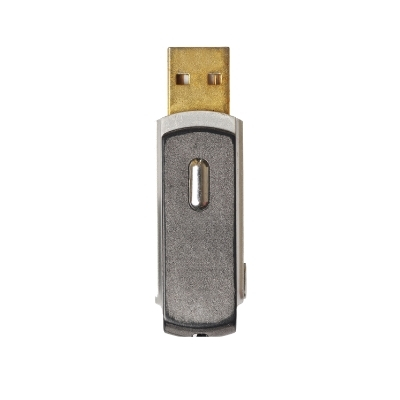
If you want to perform at your best and protect your memories from becoming lost, it’s imperative that you are getting the sleep you need.

